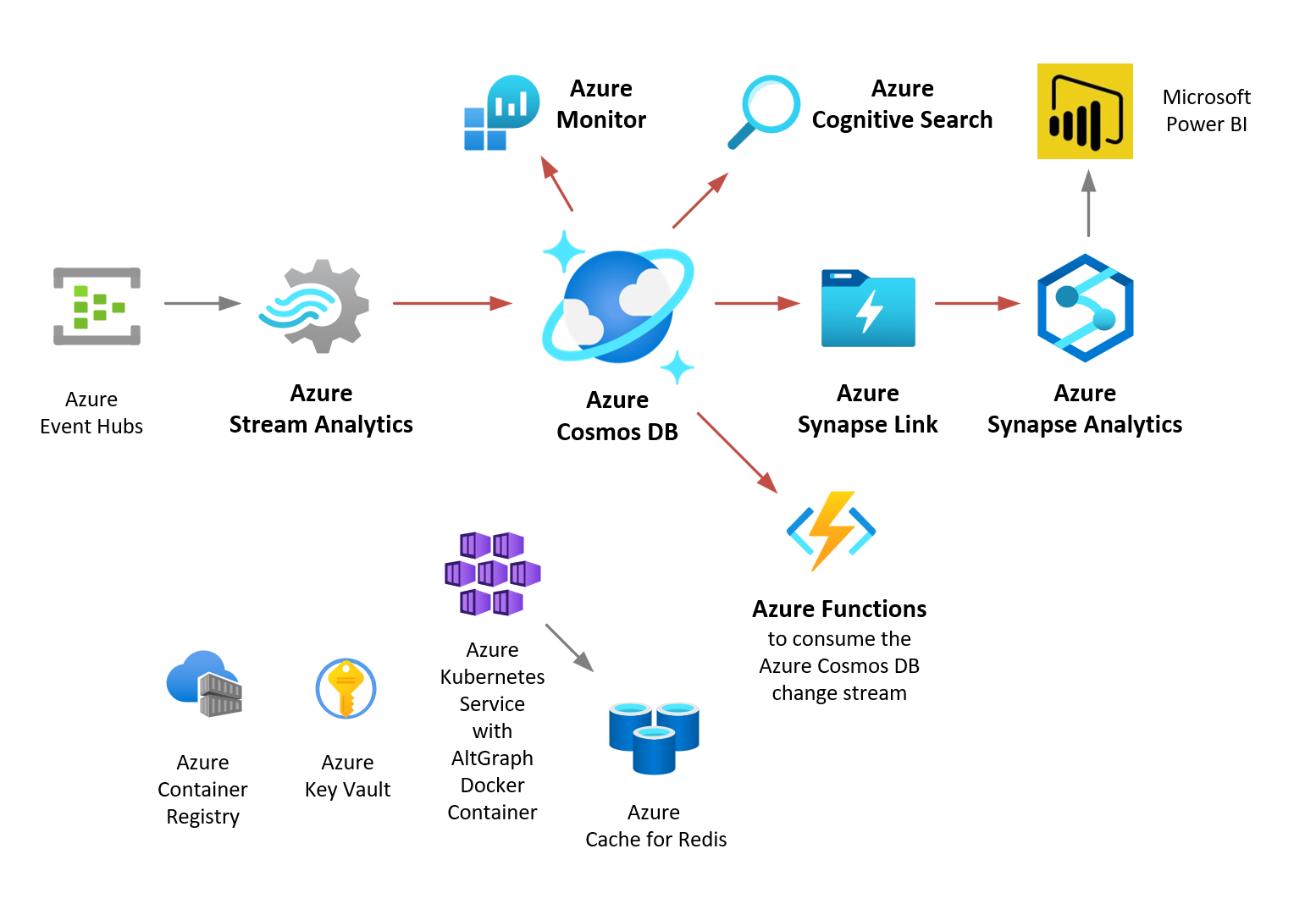Advanced Partitioning Strategies in Azure Cosmos DB for Multitenancy
In today’s era of cloud computing, multitenant applications are becoming increasingly popular. They allow multiple users or organizations (tenants) to share a single software application while keeping their data secure and isolated. One of the essential aspects of designing efficient and scalable multitenant applications is choosing the right database partitioning strategy. Azure Cosmos DB, a … Read more








